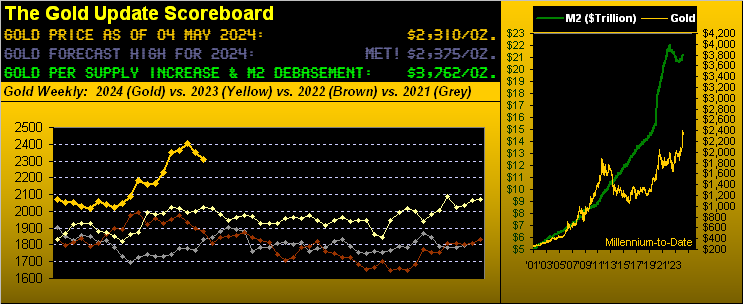DEUTSCHE-COMMERZ BANK MERGER: TO CREATE A BIGGER WHIRLWIND
by Joseph P. Farrell, Giza Death Star:

Here’s a story that has me wondering, and apparently it has other people wondering too because many people passed it along this week. What has me wondering is that it now seems “semi-official”, for Deutsche Bank and Germany’s other large mega-bank, Commerz Bank are in merger talks. To my non-financial mind, that’s rather like saying a tornado and a hurricane are in merger talks. But there’s something in this story – or rather, not in this story – that give me pause:
Deutsche And Commerzbank Begin Formal Merger Talks: This Is What The Combined Bank Will Look Like
The story appears straightforward enough, for talks about mergers between the two giants have been off-and-on-and-off again for many years, but this time there’s a catch: the German Finance Ministry is “ok” with the merger:
“We confirm that we are engaging in discussions with Commerzbank,” Deutsche Bank said at midday on Sunday in a regulatory statement, adding that “there is no certainty that any transaction will occur”. Similarly, Commerzbank informed investors that both lenders “have agreed today to start discussions with an open outcome on a potential merger”.
A detailed due diligence process would commence next week when the banks would set up a number of committees to explore specific questions the FT reported, noting that talks would start immediately. The Wall Street Journal and other media previosuly reported earlier that the two lenders’ chief executives were speaking about a potential deal, with the WSJ adding that the German finance ministry stands ready to support a deal.
But there’s two paragraphs here that caught my attention, for they’re implying that “thing that’s not being talked about”:
Deutsche Bank, which is far more dependent on trading and investment-banking businesses, has lost market share in core areas, ceding business to stronger U.S. banks. Deutsche Bank has struggled with higher funding costs than many rivals, making profits harder to come by for each euro in revenue the bank earns.
As the Journal adds, DB executives suggested a combined Commerz-Deutsche Bank would benefit from lower funding costs, using a bigger pool of retail deposits to its advantage. Whether that will be sufficient to offset the exodus of the bank’s top bankers who have been denied bonus increases for two years, remains to be seen. (Emphasis added)
And there’s one more bit of information that has me scratching my head:
A combination of the two banks would result in a behemoth with €1.8 trillion in assets, over 140,000 global employees and nearly €34 billion in revenue yet generating a paltry €1.1 billion in net income.
I don’t know about you, but to my non-bankster’s eyes, those numbers don’t exactly add up to a picture of “health”, and as the article also notes, a merger would reduce Germany’s number of “players” in the international bankster racket from two, to just one, and on top of that, as the article also observes, that merger would barely make a dent in Germany’s domestic deposit banking. But there’s something implied, and not explicitly stated in all this, and herewith is my high octane speculation of the day: Deutsche Bank, as the article notes, is “far more dependent on trading and investment-banking”, and a merger with Commerz would give it “a bigger pool of retail deposits” to use. That little juxtaposition sent my suspicion meter into the red zone, for Deutsche Bank, as I recall, was left holding a big share of the credit default swaps and securities bundles after the 2008 bailouts; it’s as if the article is tacitly admitting that Deutsche Bank is on a hunt for cash to shore up its books and balance out those toxic assets, with the result that a merger generates more revenue, but still yields only “a paltry 1.1 billion euros” as net income (note the careful avoidance of the word profit).
Loading...


